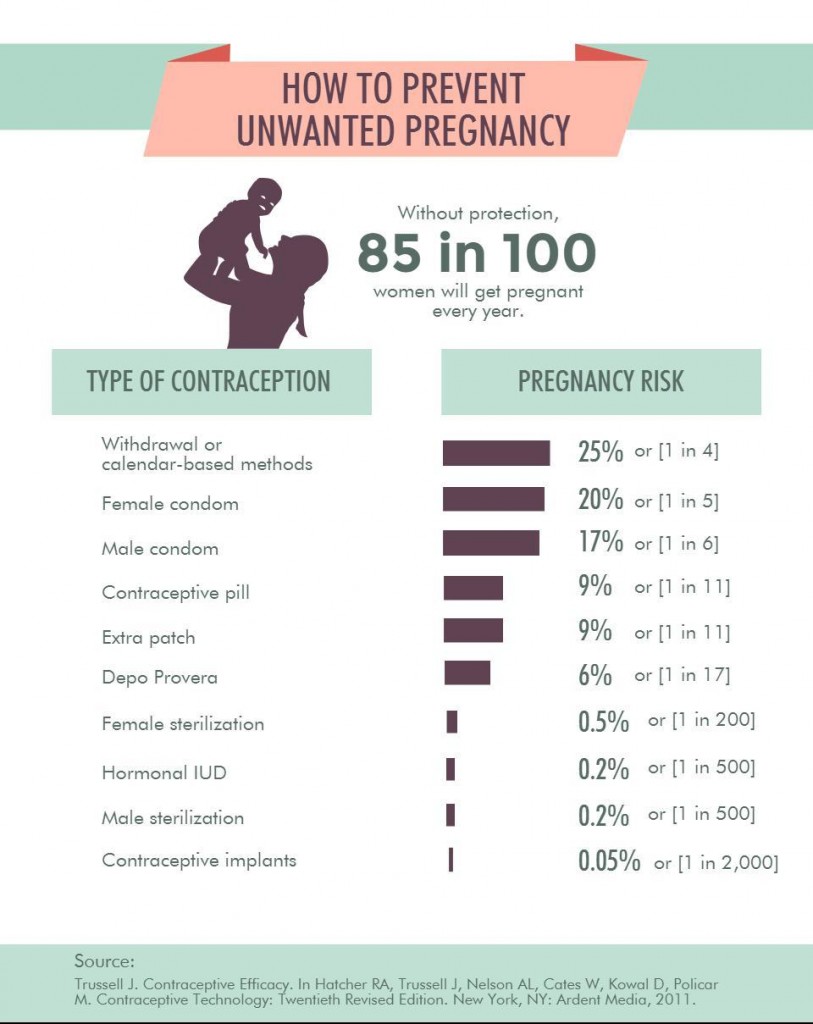The executive director of the Commission on Population (PopCom) admitted that the Philippines lags behind other countries in Southeast Asia when it comes to reproductive health.
“I think…we’re lagging behind because we’re still at around 17, 18 percent of women who have an unmet need in family planning,” PopCom chief Jeepy Perez told reporters after a panel discussion on sexual and reproductive health and rights (SRHR) at the Asian Development Bank (ADB) headquarters in Ortigas Center.
Perez added that this percentage is a few points above the regional average of 12 – 13 percent, but that at least the number is declining.
“In the [President Gloria Macapagal] Arroyo administration, before 2013, I think it was around 21, 22 percent. It has gone down to 18 as of 2013. I expect that it will still go down when the next survey is done,” he said.
Perez also pointed out that it was only in the latter half of current administration that all family planning methods—natural or modern—have been fully supported.
“In the previous administration, much of the support of the government were for natural family planning methods. That meant that modern family planning methods were not really funded by the government,” he explained.
With the passage of the Responsible Parenthood and Reproductive Health Law in 2013, Perez said that the Philippines is making good progress in terms of making women practice modern family methods. At least half a million every year do so, he said. Moreover, the number of modern family planning users have been gradually increasing.

PHL needs to catch up with Cambodia at least
Howard Sobel, the coordinator of the reproductive, maternal, newborn, child and adolescent program of the World Health Organization (WHO) in the Western Pacific Regional Office, compared the Philippines to Cambodia, a poorer country with better reproductive health statistics.
“It’s a little bit sad. Cambodia is a country that has one-third the income per capita per person as Philippines. They went from a very low rate of family planning and now they are higher than the Philippines, at least by survey data, comparing two different surveys. If a country like Cambodia that is very poor can do it, think about what the capacity in the Philippines is,” he explained.
“The Philippines has been a flat level for many, many years whereas Cambodia has been rising and they will continue to rise,” he added.
According to Sobel, Cambodia has been successful in spreading information about RH, making sure their health workers know about contraceptives, and making contraceptives available to Cambodians who want them.
Myths and misconceptions
Sobel said that one of the barriers that keep Filipino women from using modern family planning methods is the mistaken belief that contraceptives are unsafe. This leads to them having sex without protection.
“There are a lot of misconceptions, there are so many myths about family planning. In the Philippines, one in every four pregnancies are not desired pregnancies. That’s super high,” he said.
“A large portion of them were not having protection at all. If you don’t want to have a baby now, or you want to have it few years later, then having sex and having it unprotected, you’re gonna get pregnant. Eighty-five in 100 will get pregnant in the first year alone,” he added.
He added that Filipinos should know more about the different modern family planning methods and determine which one works for them best.
“If they choose withdraw or calendar method, the chances are very good, very high that they are gonna get pregnant even though they don’t want to,” he said.
Church influence
During the panel discussion, Al Jazeera correspondent Jamela Alindogan said that one of the barriers in improving the reproductive health situation in the Philippines is the influence of the Roman Catholic Church, which she called the elephant in the room.
United Nations Population Fund (UNFPA)-Philippines country representative Klaus Beck that what is more important is that the general population is in favor of the RH Law. He also suggested that the government should instead work with other groups that are fully interested in implementing the Law.
“There is a law in place that was passed with the majority of the Congress, signed by the President. I think the government should just focus on implementing the law,” he said. — BM, GMA News
– See more at: http://www.gmanetwork.com/news/story/558268/lifestyle/artandculture/phl-lags-in-rh-behind-asean-neighbors-but-making-progress-popcom#sthash.VBKELb0O.dpuf